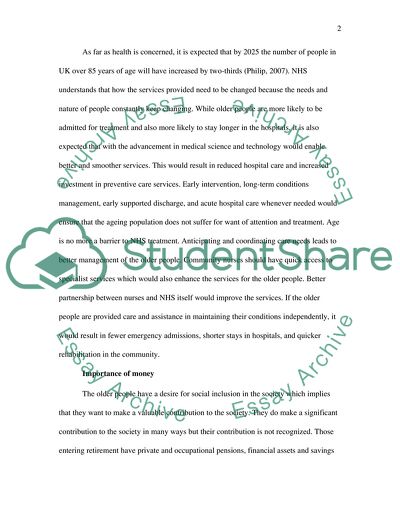Cite this document
(The Ageing Population as a Social Problem Term Paper, n.d.)
The Ageing Population as a Social Problem Term Paper. Retrieved from https://studentshare.org/social-science/1706345-social-policy-social-problem
The Ageing Population as a Social Problem Term Paper. Retrieved from https://studentshare.org/social-science/1706345-social-policy-social-problem
(The Ageing Population As a Social Problem Term Paper)
The Ageing Population As a Social Problem Term Paper. https://studentshare.org/social-science/1706345-social-policy-social-problem.
The Ageing Population As a Social Problem Term Paper. https://studentshare.org/social-science/1706345-social-policy-social-problem.
“The Ageing Population As a Social Problem Term Paper”, n.d. https://studentshare.org/social-science/1706345-social-policy-social-problem.


